A ketogenic diet means consuming a low amount of carbs and replacing them with fat to help your body to burn more amount of fats. The Keto diet helps in weight loss and has many health benefits.
A keto diet has health benefits against cancer, Epilepsy, diabetes and Alzheimer’s disease.
What is the Ketogenic Diet?
A ketogenic diet, sometimes known as the keto diet, is a low-carb, high-fat diet that has become popular due to its potential for weight loss and health advantages.
The underlying idea behind the keto diet is to change your body’s metabolism such that it starts using fat as its main energy source instead of carbohydrates. The term “ketosis” refers to this metabolic condition.
Different Types of the Ketogenic Diet
There are many versions of the ketogenic diet. They are,
1. Standard Ketogenic Diet
This is the most popular ketogenic diet. In this, you have to consume high fat, Minimum amount of protein and low carbs. The ratio of this is 70% fat, 20% protein and 10% carbs.
2. Cyclical Ketogenic Diet
In CKD, periods of a typical ketogenic diet are alternated with periods of greater carbohydrate intake. For instance, including one or two “refeed” days high in carbohydrates after adhering to a rigorous ketogenic diet for five or six days of the week. The goal of refeed days is to refill muscle glycogen stores and supply a brief boost in carbs for training and performance.
3. Targeted Ketogenic Diet
This diet involves adding carbohydrates during workouts to give energy. You should take digestible carbohydrates in this diet.
4. High Protein Ketogenic Diet
This diet involves high protein intake compared to the Standard ketogenic diet. In this, you have to consume high fat, a good amount of protein and low carbs. The ratio of this is 60% fat, 30% protein and 10% carbs.
5. Modified Ketogenic Diet
A modified ketogenic diet, which permits a slightly higher carbohydrate consumption while still sustaining ketosis, may be chosen by certain people. The ratios of the macronutrients can change, but they often comprise a higher intake of fat, moderate amounts of protein, and somewhat more carbohydrates than the ketogenic diet as a whole. For some people or others who have particular nutritional needs, this strategy might be more viable.

What is Ketosis?
When the body doesn’t have access to enough carbohydrates for energy, it enters a metabolic condition called ketosis and switches from using glucose as its main energy source to using ketones. The liver converts fatty acids into ketones, which the body and the brain use as a substitute fuel source.
Although individual carbohydrate tolerance might vary, normally, getting into and staying in ketosis requires limiting carbohydrate consumption to a specific amount, usually between 20 and 50 grams of net carbs per day. The body produces ketones and enters a state of ketosis as a result of this level of carbohydrate restriction, which compels the body to rely on fats for energy.
Health Benefits of the Ketogenic Diet
There are many health benefits to the ketogenic diet. They are,
1. Weight Loss
The ketogenic diet is very effective in weight loss by reducing carbohydrate intake and taking more fat, then the body shifts into the phase called ketosis, which burns the stored fat into energy. So this lead to weight loss
2. Increase Energy
When on a ketogenic diet, some people say they have more energy and are more focused. This could be linked to the brain’s effective use of ketones as a fuel source, which can offer a consistent and reliable energy source.
3. Blood Sugar Control
The ketogenic diet is very good in improving blood sugar control and it is very useful for people with type 2 diabetes. By reducing the carbohydrate intake, the ketogenic diet helps to stabilize blood sugar levels.

Side Effects of the Ketogenic Diet
The are some side effects of the ketogenic diet. They are,
1. Digestive Problems
Digestive problems may occur for some people such as diarrhea. Increasing fiber-rich foods like vegetables and consuming adequate liquids may help to cure digestive problems.
2. Nutrient Deficiencies
A deficiency in specific nutrients, such as vitamins (B vitamins, vitamin C), minerals (including magnesium, potassium), and fiber, can occasionally result from the restrictive nature of the ketogenic diet. Include a variety of foods that are high in nutrients in your diet, and if necessary, think about taking supplements, to get the most of it. A well-rounded meal plan can be created with the assistance of a qualified dietitian or healthcare professional in identifying any potential nutritional deficits.
3. Impact on Athletic Performance
As their bodies get used to using ketones as fuel, some athletes may temporarily notice a drop in performance during the adaptation period of the ketogenic diet. On the other hand, some athletes find success with a focused or cyclical ketogenic diet that allows for strategically consuming carbohydrates before and after workouts to support performance. It’s crucial to explore and identify the strategy that best suits each person’s demands and objectives.
4. Problems of Eating Unhealthy Fat
In the ketogenic diet, you have to eat more fats so you have to choose healthy fats to eat like nuts, seeds, coconut oil and olive oil. Avoid eating unhealthy fats it may give you health problems. Eating healthy fats is for your health so choose wisely.
How to Maximize the Side Effects
Here are some tips to maximize your side effects in the ketogenic diet,
1. Drink More Water
Drinking water is one of the most effective ways to cure your side effects in the ketogenic diet. It may not be a quick fix, but it will help you achieve your goals. Drink more than 5 liters of water a day, it makes your body healthier. Your body can’t burn fat without water, and it needs a lot more than you might think. Drinking plenty of water also has other health benefits like reducing stress and improving concentration.
1 Drink more than 5 liters of water a day
2 Drink water after eating food
2. Take More Nutrients
Nutrients are very important so eat healthy fats, protein and a variety of vegetables. Nutrients help your body to stay healthier.
3. Doctor Guidance
A qualified dietician or healthcare expert with experience in the ketogenic diet can offer personalized advice, assist in keeping track of your health, and address any worries or difficulties you may be having.

Foods to Eat on Keto Diet
Here are some foods to eat on keto diet to stay healthy
1. Proteins
Protein can help you feel fuller for longer periods of time and maintain more stable blood sugar levels. You might also want to think about consuming a protein smoothie right before bed or right after your workout. Egg, chicken, fish, tofu, paneer, and soy chunks are the best sources of protein. The most important point is that you should avoid using oil or only use a small quantity since if you use a lot, your protein will turn into fat.
In non vegetarian, you can choose these,
1 Boiled chicken
2 Boiled egg
3 Fish with less oil
4 Red meat
5 Lean beef
In vegetarian you can choose,
1 Panner
2 Soya chunks ‘
3 Tofu
4 Legumes
5 Broccoli
6 Capsicum
Healthy Fats
Eating healthy fats is very good for health while following ketogenetic diet. Eat healthy fats like avocado, coconut oil, Olive oil and butter. Avoid eating unhealthy fats it may give you health problems. Eating healthy fats is for your health so choose wisely.
2. Nuts and Seeds
Eating nuts and seeds are very good for health and has many health benefits. Eat nuts and seeds like almonds, Walnuts, Chia seeds, flax seeds and pumpkin seeds.
3. Vegetables
Vegetables fill you up, which prevents you from eating more, and they help you lose weight quickly. One of the easiest ways to quickly reduce weight is to eat more fruits and veggies. Typically low in calories and high in fiber, vegetables help you feel satiated for longer. Additionally, they are rich in vitamins and minerals that will support the maintenance of a healthy body. Fruits are still beneficial to your health and can help you feel full even though they have more calories than veggies. Consuming fruits and vegetables is crucial to maintaining a healthy diet. Vegetables are high in vitamins and minerals and free of cholesterol, fat, and sodium.
4. Dairy products
Eat dairy products like Cheese, tofu, milk, butter and Yogurts. It is good for health and has several health benefits.
Food to Avoid in the Ketogenic Diet
Here are some foods you should avoid on keto diet to stay healthier.
1. High carb foods
Avoid high-carbohydrate foods like Potatoes, pasta, bread, cereals and legumes. Eating high-carbohydrate foods makes you gain weight and bring you many health problems. Limit your carbohydrate intake while following a ketogenic diet.
2. Sugary Foods
Avoid sugary foods like sugar, honey, maple syrup and other sweet foods. Eating sugary foods is not good for health, it increases your carbohydrate intake and brings many health problems. Sugary foods are not good for your health while following a ketogenic diet.
3. Fruits
Avoid high-sugar and carbohydrate foods while following a ketogenic diet. Fruits like Banana, grapes, mango and pineapple. High sugar and carbohydrate foods are not good for your health because they may bring you health problems.
4. Processed Foods
Processed foods like packaged snacks, cakes and other processed foods are not good for health because it contains unhealthy fats and a huge amount of carbohydrate.


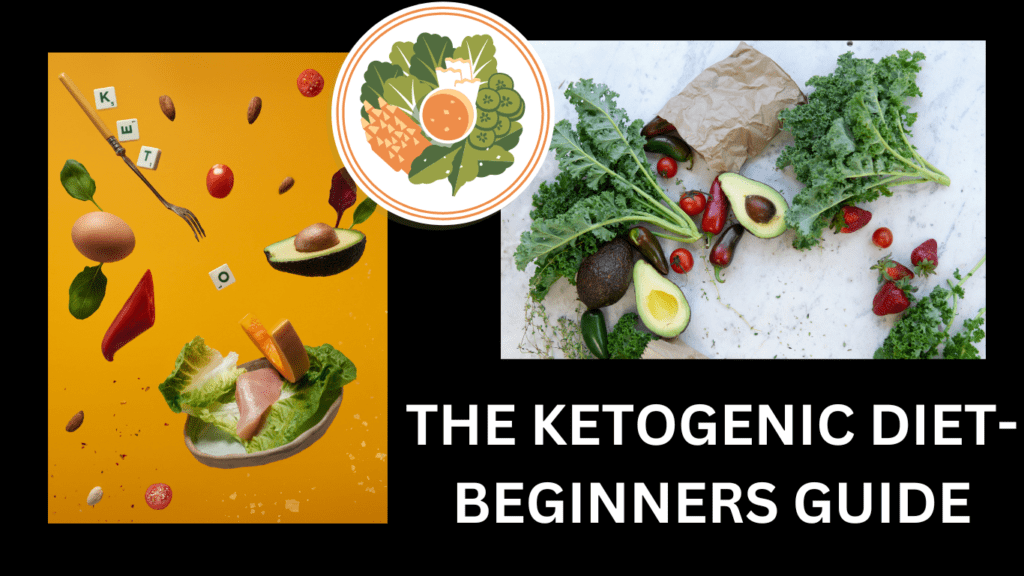
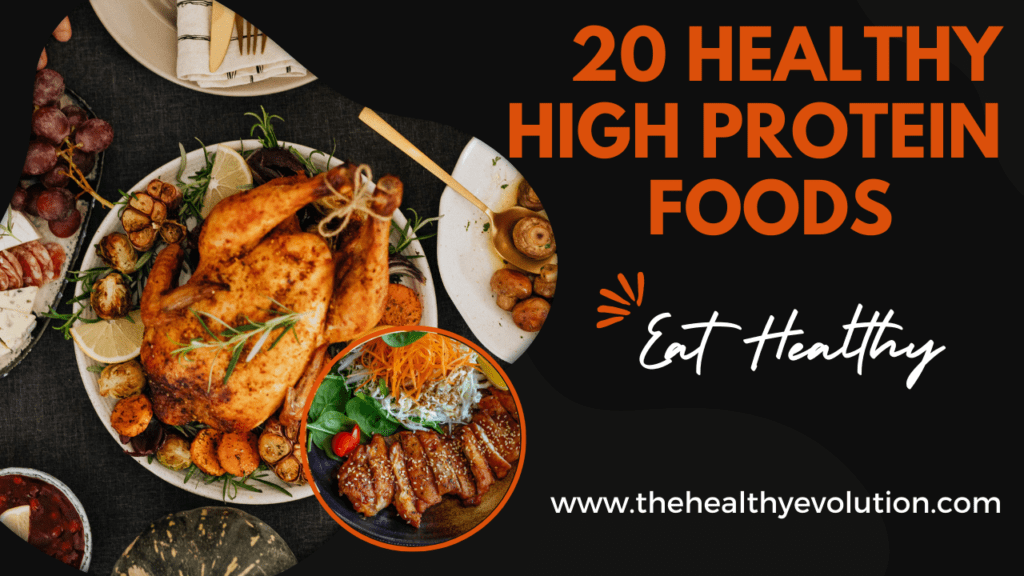
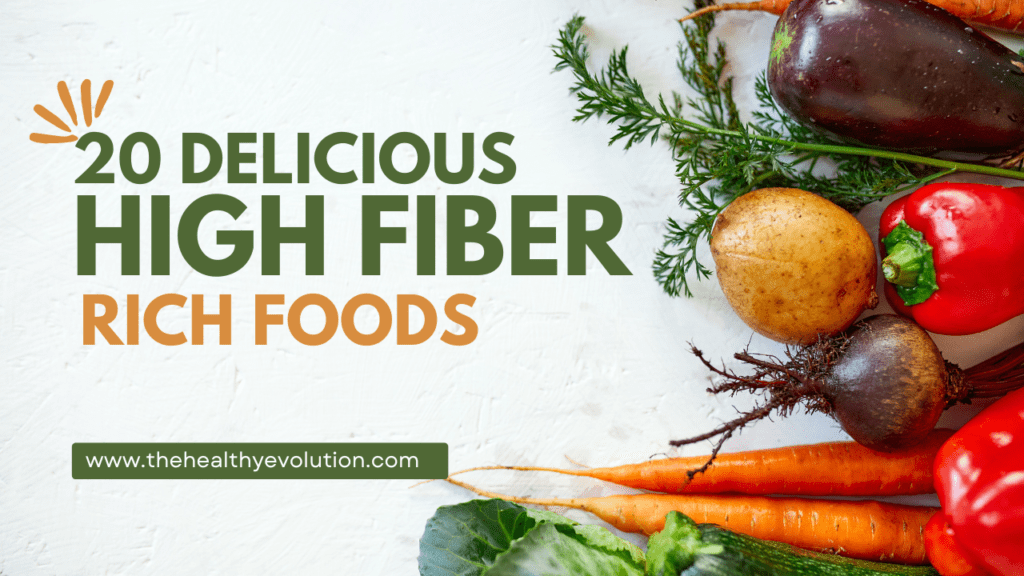
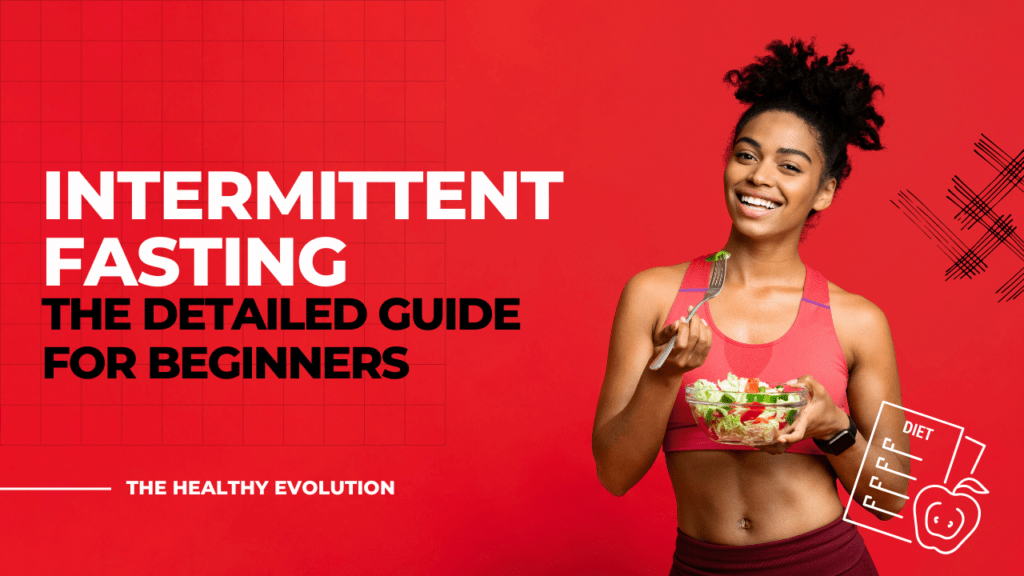
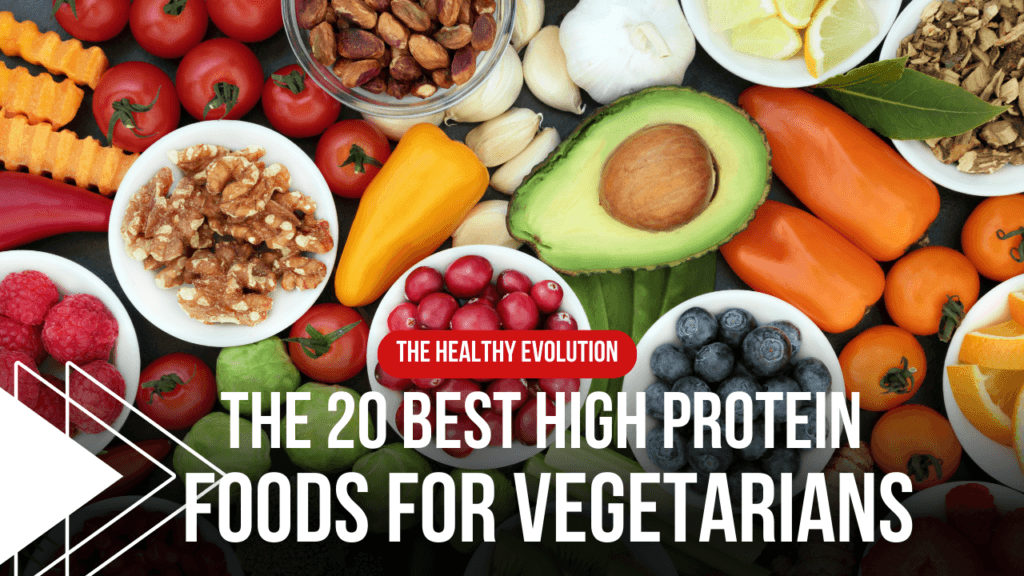
Hi there! Do you use Twitter? I’d like to follow you if
that would be ok. I’m definitely enjoying your
blog and look forward to new updates.